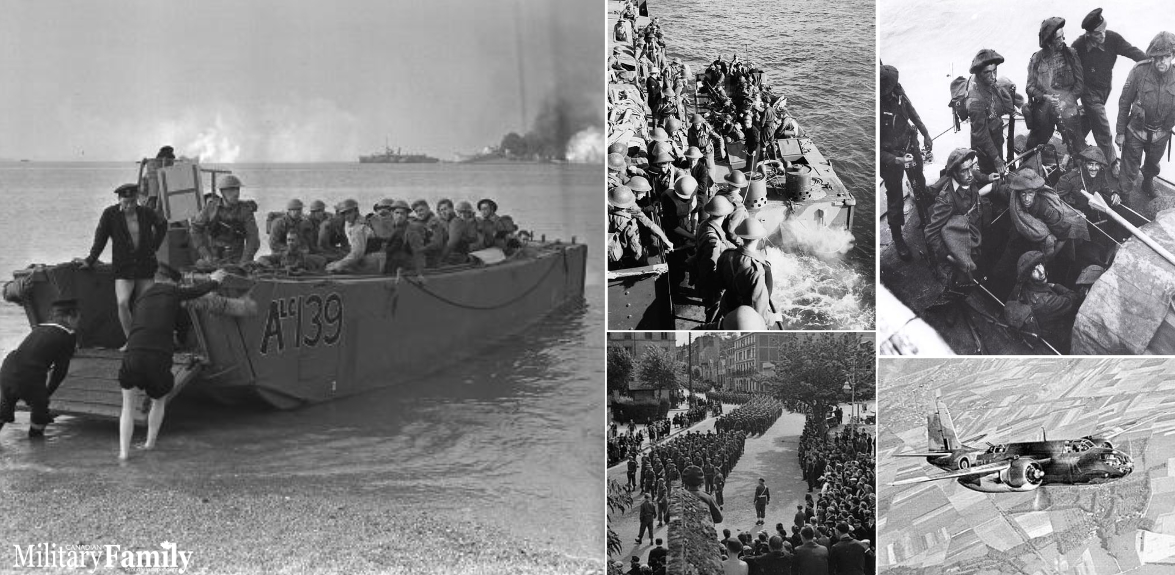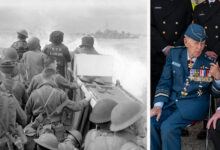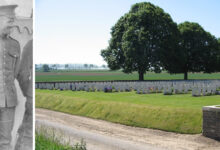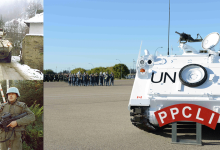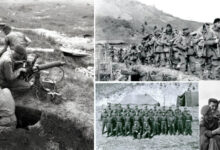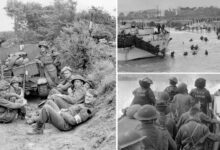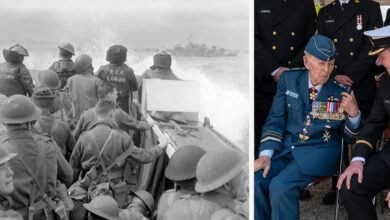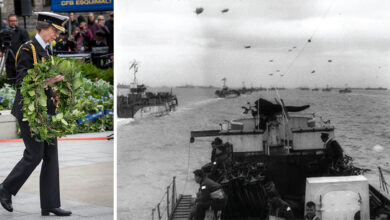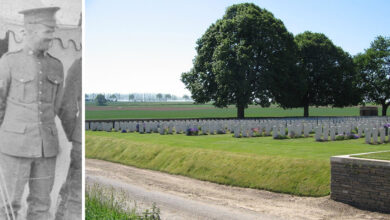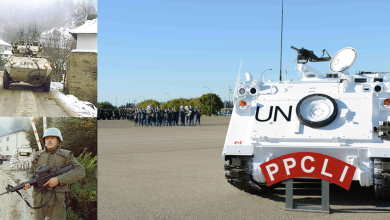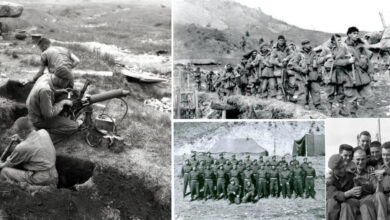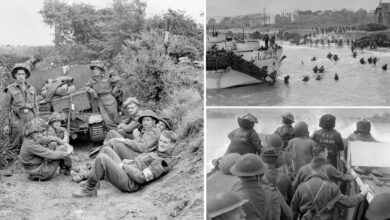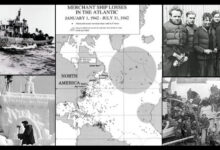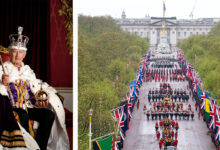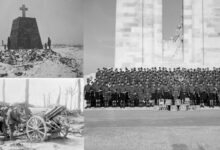History
Remembering the Dieppe Raid 79 years later
On August 19, 1942, Canada faced one of its darkest days of the entire Second World War. Alongside Allied troops, Canadian’s took part in the Dieppe Raid.
“Nearly 5,000 of the 6,100 Allied soldiers who landed on the shores of occupied France that day were Canadian,” stated Veterans Affairs Canada (VAC). “While the Dieppe Raid provided valuable lessons, it came at a steep price, with more than 900 Canadians losing their lives.”
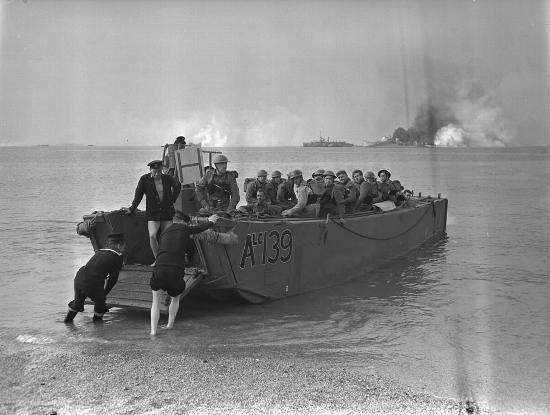
Three Years into War
The war had already been going on for three years before the raid took place. At this point in the war, things weren’t looking good for the Allies.
“The continent’s west coast was studded with enemy troops, machine guns, artillery, barbed wire, concrete pillboxes and offshore obstacles. It truly was on its way to becoming ‘Fortress Europe,'” VAC stated.
The Allies thought a large raid on the coast of France could force the Germans to divert some military resources away from the Soviet Union and help in the planning for a full-scale Allied assault.
Dieppe was chosen as the primary target because of its location, located along the northwest coast of France in range of fighter planes from Britain. The Allies planned to “launch a large-scale amphibious landing, damage enemy shipping, and port facilities, and gather intelligence on German defences and radar technology,” VAC informed.
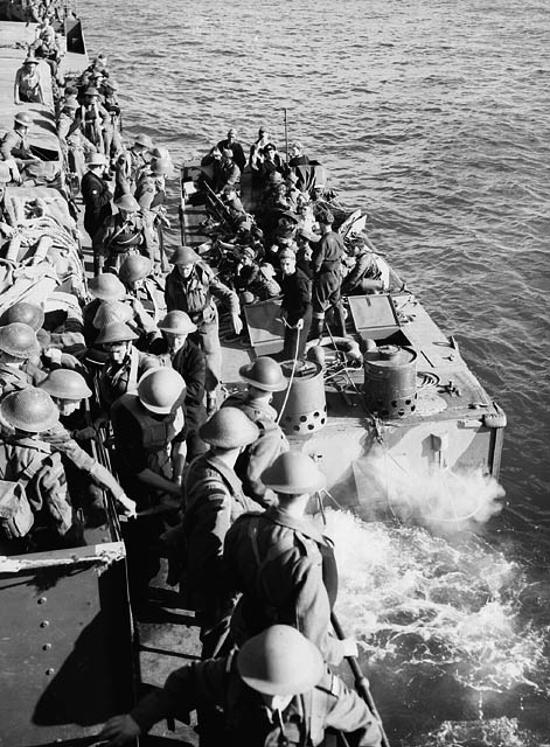
Operation Jubilee
Also known as Operation Jubilee, the Dieppe Raid)was set in motion, with more than 6,000 men landed on the heavily defended coast at five different spots. Almost 5,000 Canadians, 1,000 British commandos, and 50 American Army Rangers made up the raiding force.
The soldiers who landed on the eastern flank just before daylight ran into trouble when encountering a small German convoy. The enemy was alerted, and the soldiers that came ashore at Berneval and Puys ended up taking some of the heaviest losses.
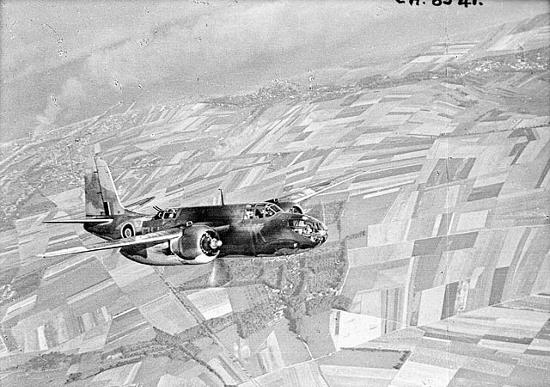
Western Flank
According to VAC, the western flank saw more success. The enemy gun batteries at Varengeville were destroyed. However, in Pourville, the allies were eventually forced to withdraw with heavy losses.
The main assault at Dieppe took off just as the sun came up. The German troops cut down many Canadians as they came ashore, and the remainder ran across the cobblestone beach to the seawall for protection.
Unfortunately, the cobblestones and seawall coupled with the enemy fire that prevented engineers from clearing a path made it difficult for the Allied tanks to get off the beach.
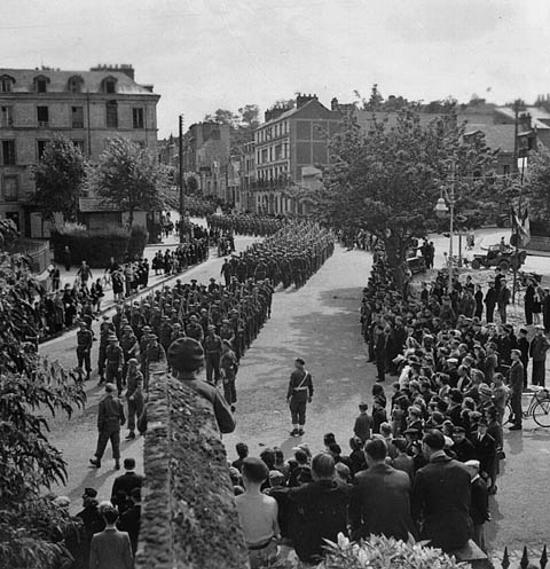
Canadian Troops Made it Through
Troops from the Royal Hamilton Light Infantry and the Essex Scottish Regiment made it through the streets of Dieppe, fighting their way. However, it became evident that the raid couldn’t go on any longer, so the evacuation soon began.
The raid did not meet most of its objectives. Despite this, many historians have said that learning from this raid played a vital role in succeeding later actions like on D-Day, June 6, 1944.
In addition to the heavy loss, approximately 1,950 Canadians were taken, prisoner. Many of the POWs stayed there for more than two-and-a-half years. As the end of the war neared, VAC stated that wintertime marches were forced upon these men as the Germans moved the prisoners away from the advancing Allied forces, which otherwise could have liberated them.
Second World War Veteran’s Poem Recounts
Gordon Barnes, a Second World War Veteran who participated in the Dieppe Raid, was taken prisoner and sent to VIII B Stalag. While in the camp, he wrote the below poem, which can be found in the World War Two collections of the Canadian Letters and Images Project.
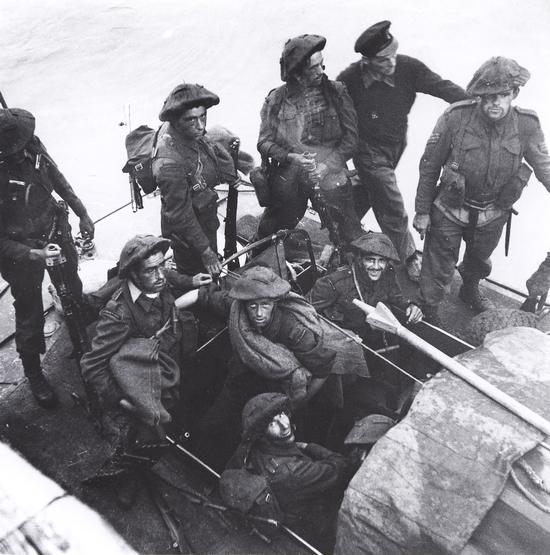
Dieppe
It was the eighteenth day of August, in nineteen-forty-two
We sailed away from England, and no one knew where to
We had received no orders, no friends to see us leave
The Second Canadian Division, with the blue patch on their sleeve
Early the next morning, when everything was still
We saw those tracer bullets, come at us from the hill
Though we kept right on sailing, and no one will forget
The morning that we landed, on the coast there at Dieppe
The enemy was waiting, and had taken up their post
We met a hail of bullets as we landed on the coast
Every man there landed, or at least he tried
Many men were wounded there, and many more men died
It was early in the morning, when we started in to fight
The mortar bombs came at us, from in front, and left and right
The shells came at us from the cliffs, they bombed us from the air
But the Second Canadian Division, did not so easily scare
We fought there for eight hours, from 6 a.m. till two
Our losses were terrific, but there was nothing we could do
The navy came to help us, but their boats they could not land
So we had to surrender, at Dieppe there on the sand
What is left of us are now prisoners, beneath a foreign flag
Here in the heart of Germany, in this VIII B stalag
Though many of our comrades fell, we never will forget
They gave their lives there fighting, in the battle of Dieppe
When this war is over, and once again we’re free
To our homeland we’ll be sailing, to a land of liberty
Many have a battle scar, there’s no one will forget
The morning that he landed, on the French coast at Dieppe.


